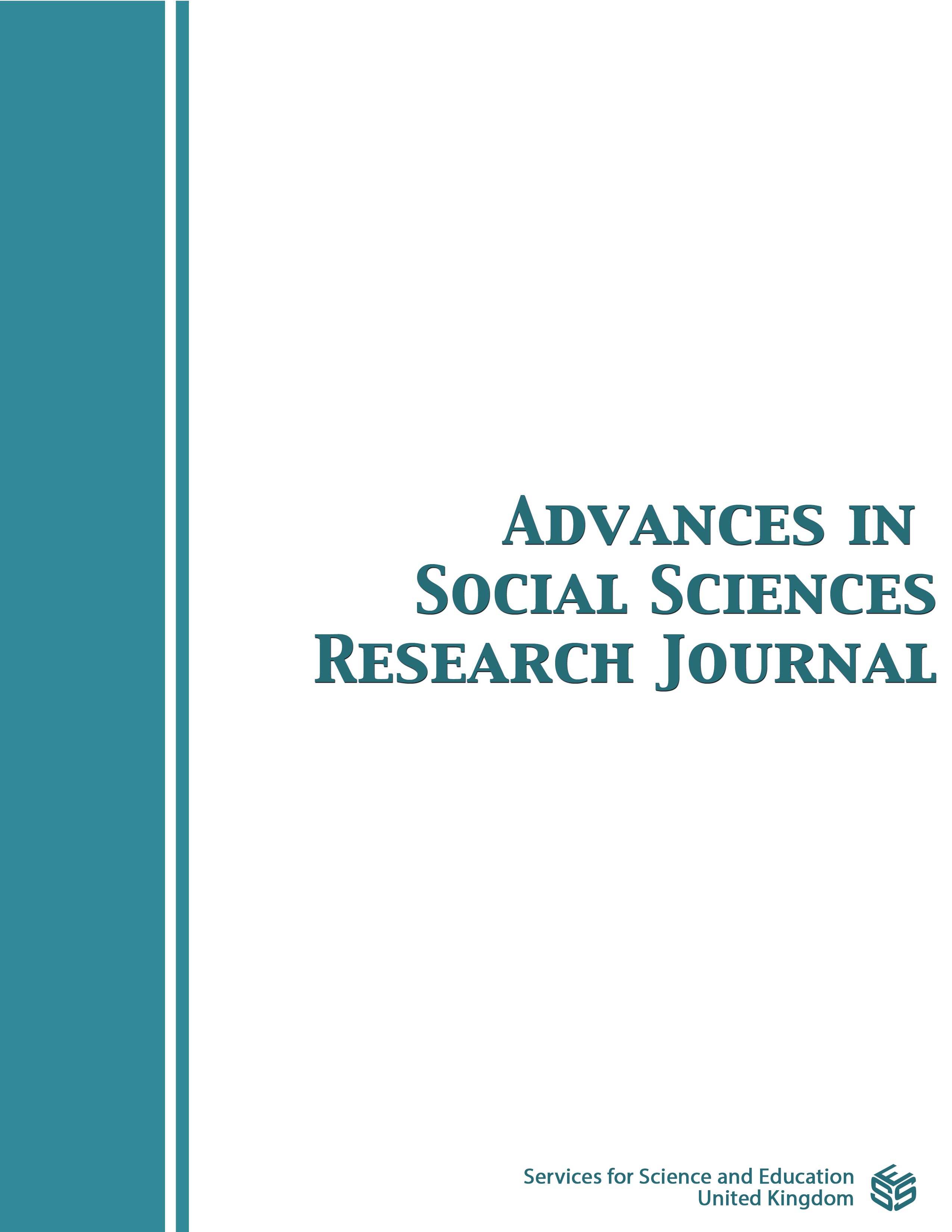Language and Thought in Wittgenstein
DOI:
https://doi.org/10.14738/assrj.1112.17871Keywords:
Language, Thought, Representation, Environment, PublicAbstract
Language and Thought in Wittgenstein – is the theme of this preparation and aims to highlight the contributions of Ludwig Wittgenstein in the reflection on the philosophy of language. Wittgenstein discusses the problems of language in two important works, (Tratactus and Philosophical Investigations) that comprise the phases of the development of his thought, that is, the First Wittgenstein and the Second Wittgenstein. In the Tractatus, language is analyzed outside the concrete circumstances in which it is used in the context of life, while in the Philosophical Investigations the emphasis is on stating that the meaning of linguistic statements is conferred by their use in the context of social practices. Wittgensteinian thought in its first phase speaks of language as a logical mirror of reality, fixed through elementary propositions that have their foundation in the theory of figuration. The second Wittgenstein conceives language based on its different uses, abandoning the essence of language and, therefore, its limits imposed by the logical world. For Wittgenstein, language fulfills a representative function, because through it people can represent their experiences in different ways, moreover, language is a social practice connected to a form of action in the world. Finally, given the influence of the environment on language, it is no longer separated from human life in its essence of creating, recreating and expressing thought. To carry out this study, the method of bibliographical review was preferred, which allowed us to conclude that the First Wittgenstein (Tratactus) constitutes a way of adapting language to the desire for metaphysical knowledge of reality and, with the Second Wittgenstein (Philosophical Investigations), the Language reveals the complex nature of man's being and his intellectual superiority.
Downloads
Published
How to Cite
Issue
Section
License
Copyright (c) 2024 Anselmo Orlando Pinto

This work is licensed under a Creative Commons Attribution 4.0 International License.
Authors wishing to include figures, tables, or text passages that have already been published elsewhere are required to obtain permission from the copyright owner(s) for both the print and online format and to include evidence that such permission has been granted when submitting their papers. Any material received without such evidence will be assumed to originate from the authors.






